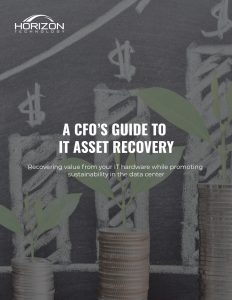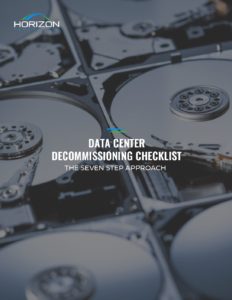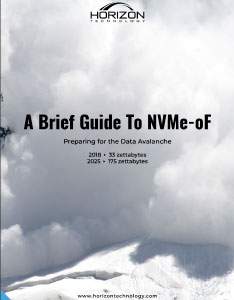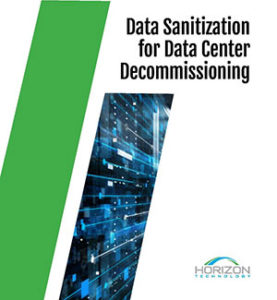Data security remains a top concern for midmarket IT professionals, according to new research from IT management firm Kaseya.
The company’s annual IT Operations Benchmark Survey Results Report surveyed organizations with up to 5,000 employees about their IT priorities for 2018.
54 percent of the 1,300 organizations surveyed named security as their primary concern, an increase on last year. The number of respondents flagging security as their main concern looking into 2019 rose to 60 percent.

According to Kaseya, one in three of this year’s respondents experienced a security breach in the previous five years, with more than one in 10 confronting a breach in the past 12 months.
BACKING UP
In spite of these persistent concerns around security, companies are feeling increasingly bullish about their data backup capabilities in the event of data loss.
Parallel research from disaster recovery firm Databarracks points to growing confidence among organizations in their data backup provisions.
According to Databarracks’ annual survey, a little more than half of the IT decision-makers contacted feel “very confident” in the state of their backup solutions. This is an increase from 33 per cent in 2008, when the company began the annual survey, and comes amid the dramatic growth in data that organizations are handling these days.
In spite of these advances, approximately one third of respondents are still not encrypting their backup data, according to Databarracks.
“Despite more businesses encrypting backup data, a third of organizations not doing this is too high,” Peter Groucutt, managing director of Databarracks, remarked. “Whether you’re backing up data to physical media like tape or disk, or whether you’re transferring data offsite, over the internet, the possibilities for it being intercepted are very real with serious ramifications for those at fault.”
TAKING SECURITY SERIOUSLY
There’s little doubt organizations are taking IT security more seriously.
However, companies need to pay attention to data security at all stages of the IT lifecycle, from procurement through asset disposal.
The security of data on endpoint devices, in on-premise data centers, and in the cloud must be actively managed not only for the active lifetime of the hardware but when it comes time to retire the asset.
This is a reality many smaller companies are beginning to confront as the complexity of the IT environment increases and the number of options available to organizations ratchets up.
“Technology today has leveled the playing field between SMBs and their enterprise counterparts—to the point that the size of an organization has lost much of its previous importance,” said Mike Puglia, Kaseya’s chief strategy officer. “Smaller IT organizations can better compete, but with that comes the realization these organizations have the same challenges the enterprises face.”
THE DATA EXPLOSION
2017 research from IDC commissioned by data storage leader Seagate points to increasing demands around data generation and data storage for companies of all sizes in the coming years.
According to the IDC/Seagate study, nearly 20% of the data “in the global datasphere will be critical to our daily lives and nearly 10% of that will be hypercritical” by 2025.
The effective and secure management of data across the lifecycle of IT systems and hardware has never been more important.
“Despite more businesses encrypting backup data, a third of organizations not doing this is too high.” – Peter Groucutt, managing director of Databarracks










